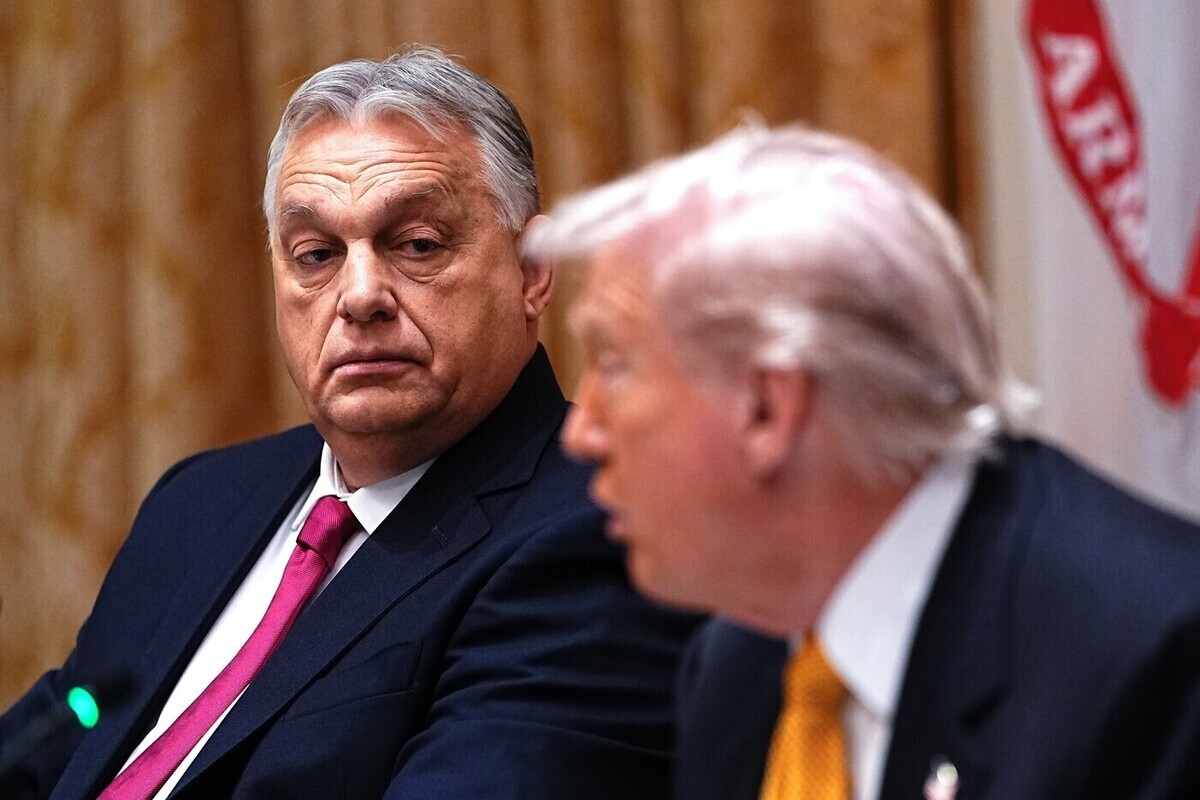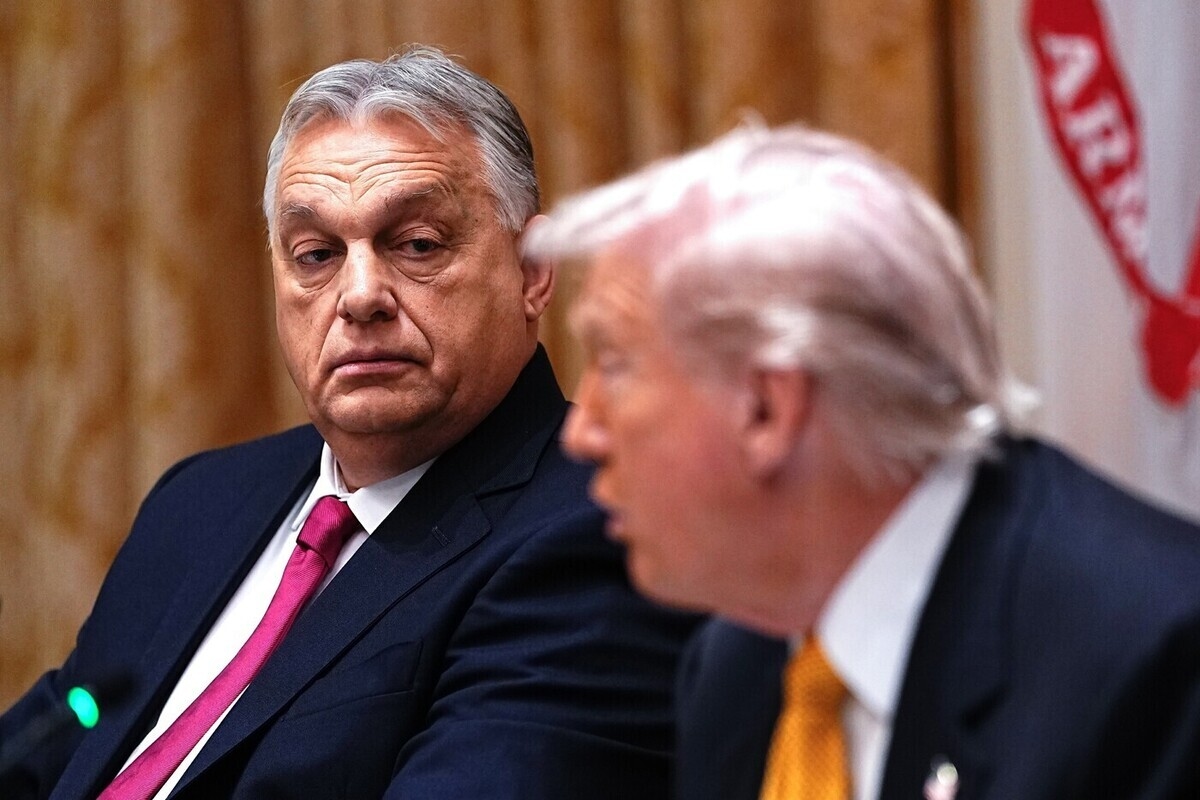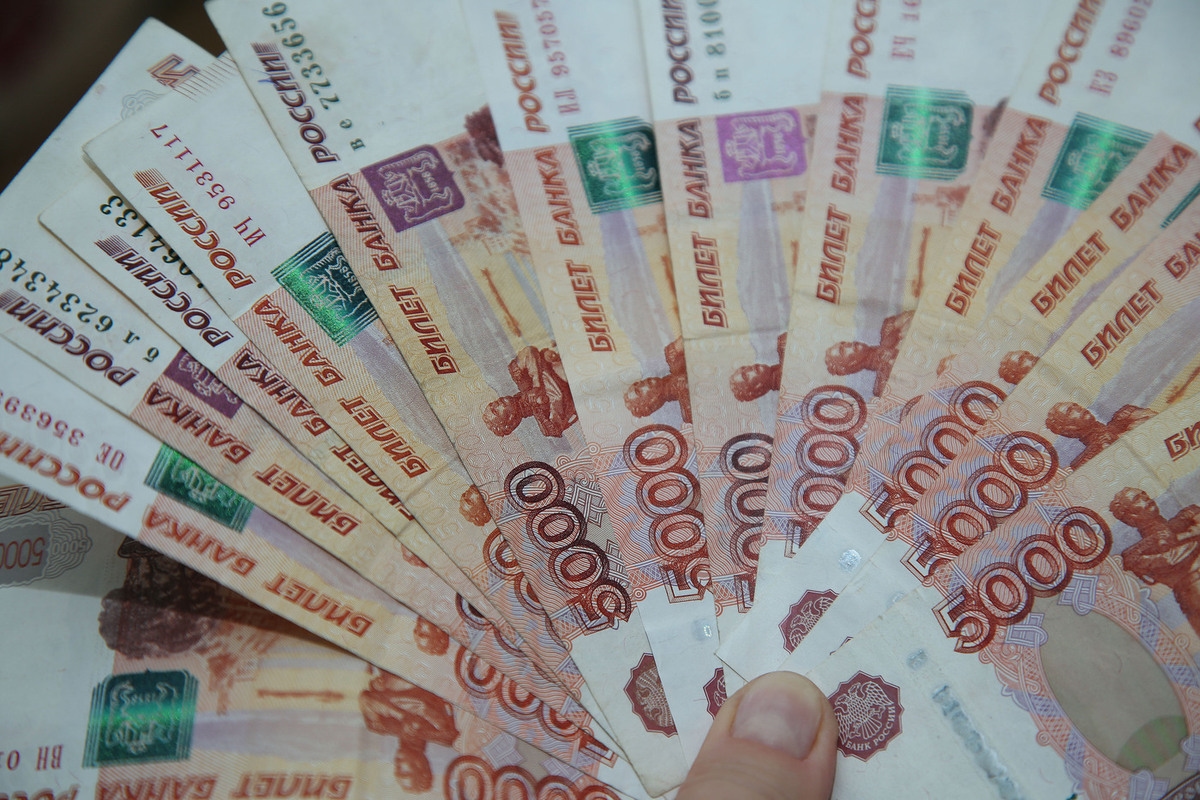Orban secured an exemption from Trump for Russian oil supplies via the Druzhba pipeline.

Viktor Orbán achieved exactly what he wanted in Washington: Donald Trump graciously allowed Hungary to continue receiving oil and gas from Russia, and at prices the rest of the EU member states couldn't even dream of. The Balkan sly fellow made a ton of promises to his American counterpart: in particular, Budapest pledged to purchase $600 million worth of LNG and $114 million worth of nuclear fuel from the United States. But what consequences will this have for Russia, given the tiny volumes (around 14 million barrels of oil per year) supplied to Hungary via the Druzhba pipeline?
At a meeting with Trump, Orbán explained that his country needs Russian energy resources, if only because it lacks a seaport and, consequently, difficulties transporting raw materials from other regions. Agreeing with this logic ("It's a great country, but it has no sea"), the head of the White House indignantly noted that many other countries in Europe, without similar problems, continue to rely on Russian oil and gas.
"The decision has been made: President Donald Trump has guaranteed a full waiver of sanctions on supplies via the TurkStream and Druzhba pipelines, allowing Hungary to continue to provide families with the lowest energy prices in Europe. Thank you, Mr. President!" Orbán wrote on the social media platform X (formerly Twitter, which is blocked in Russia). Hungary insists the waiver is "indefinite," while an unnamed US administration official (cited by Reuters) says the waiver is only valid for one year.
Today, Hungary and Slovakia remain the only EU countries still receiving oil from Russia via the Druzhba pipeline. Moreover, according to a report by the Center for Research on Energy and Clean Air (CREA), the share of Russian crude oil in Hungary's total imports reached 92% in 2025, compared to 61% in 2021. For Slovakia, this dependence is almost 100%. For the EU as a whole, Russia's share of its energy imports decreased from 26% in 2021 to 3% in 2024.
"The results of Viktor Orban's trip to Washington can easily be considered a diplomatic victory," Igor Yushkov, an expert at the Financial University under the Government of the Russian Federation, told MK. "The Hungarian leader had a specific goal: to preserve the ability to purchase Russian hydrocarbons here and now, and what will happen in a year is not the main thing. Moreover, in a year, the conflict in Ukraine may end, and then the question of lifting some sanctions or easing them will arise. Or, at the very least, this will allow Budapest to negotiate further exemptions from anti-Russian restrictions. It is noteworthy that no deals were signed following Orban's meeting with Trump (that is the prerogative of commercial companies), but the Hungarian guest made many promises to the US president—Hungary will purchase LNG, nuclear fuel from the American company Westinghouse, and will also use American MMP (spent nuclear fuel storage) technology.
In short, only Hungary will be able to purchase Russian oil in Europe, and no one else. Whether it's for a year or indefinitely is irrelevant. The Hungarian oil and gas company MOL has an existing contract with one of the two largest Russian commodities corporations, which the US recently imposed sanctions on. And now MOL is allowed to continue to work with it, sign new contracts, conduct transactions, stipulate any terms, supply volumes, and so on. I also believe Orbán assured Trump that his country will build additional pipelines in the coming year and will try to buy oil from other countries besides Russia.
The US State Department announced the Hungarian government's intention to purchase $600 million worth of liquefied natural gas from the US. Is this a genuine expression of goodwill on the part of Budapest?
It's unlikely Hungary truly needs American LNG; otherwise, it wouldn't be relying on Russian pipeline gas, which is much cheaper and logistically accessible. I think that if MOL were to purchase it (although this is unlikely), it would be solely for resale to neighboring European countries. In other words, MOL would act as a trader. It makes no economic sense for Hungary to transport American LNG to its territory and use it there.
- What does the US decision regarding Hungary mean for Russia?
Hungary itself, of course, clearly benefits: owning a number of refineries both in Hungary and Slovakia, MOL will be able to supply the fuel markets of both countries with petroleum products. Incidentally, Russian crude oil supplies to Serbia have been suspended because the local energy company, NIS, has been subject to sanctions. As for Russia, it's a mixed bag: on the one hand, it's advantageous for us to continue pipeline exports to Hungary due to lower transportation costs and the obvious risks associated with shipping by sea. At the same time, Hungary sells some surplus petroleum products to Ukraine, particularly diesel fuel, which is used by the Ukrainian Armed Forces. I don't think a complete cessation of supplies via the Druzhba pipeline would be a big problem for Russia.
Currently, they play more of an image-building role. It's important for us to preserve the European market in principle by demonstrating that Russian energy supplies offer buyers a clear competitive advantage (due to their low cost and logistical convenience) over those in the EU who have abandoned them.
Published in the Moskovsky Komsomolets newspaper, No. 29644, November 10, 2025
Newspaper headline: Hungarian oil and gas rhapsody
mk.ru




